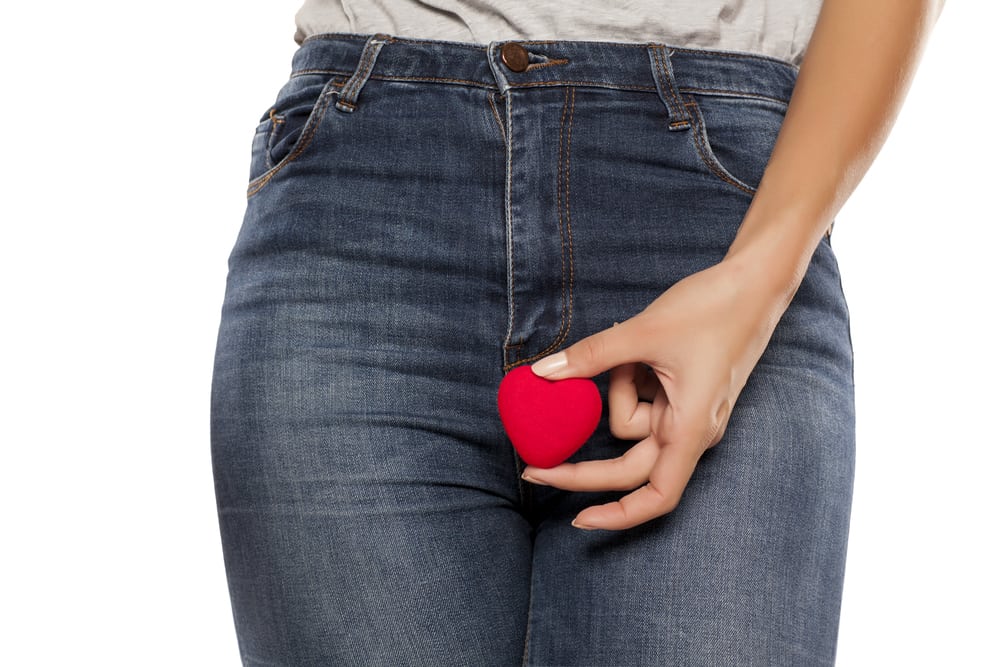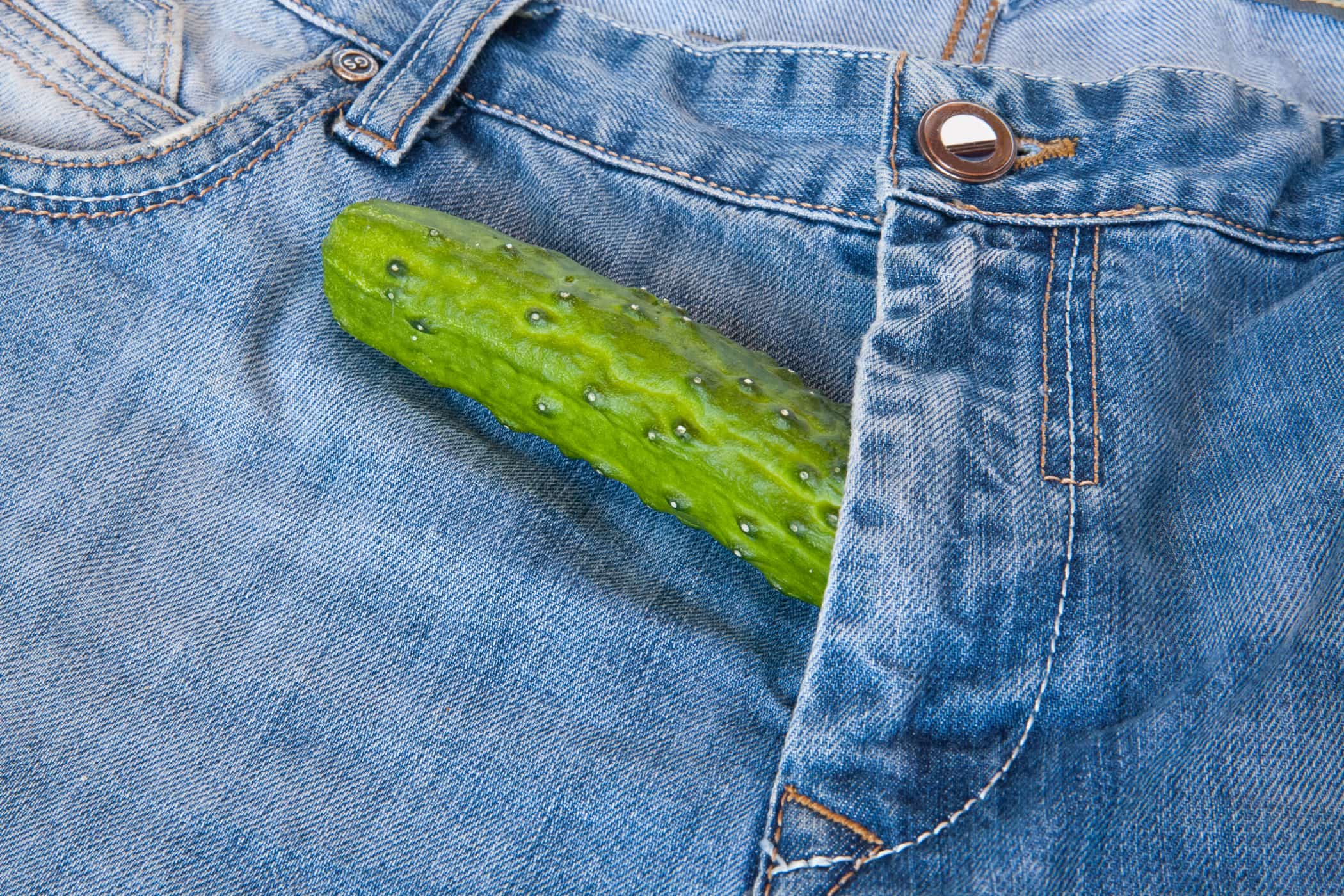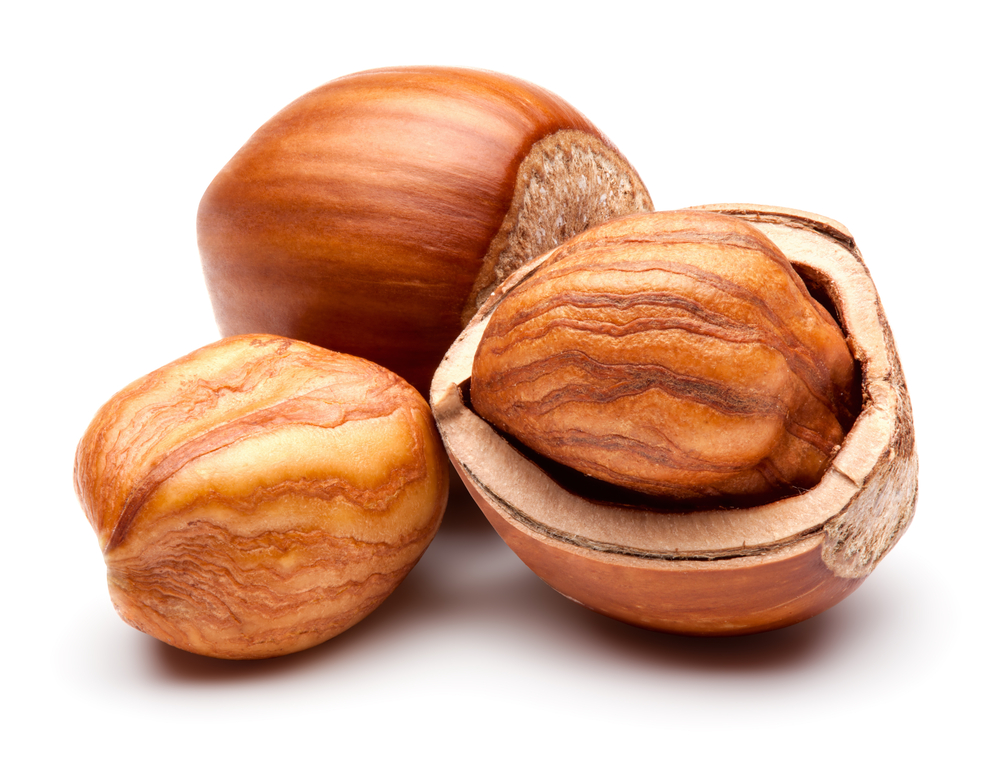Contents:
- Medical Video: Things You Didn't Know About Your Vagina
- Did you know that the woman's vagina ...
- 1. Have thousands of nerve endings far more than the penis
- 2. Have similarities with sharks
- 3. Can expand during sex
- 4. Have a lot of G-spots
- 5. Have a different smell
- 6. Can fart
- 7. Very strong
- 8. Can collapse
- 9. Have the same acidity (pH) as tomatoes
- 10. Can cleanse yourself
- 11. Menstrual blood can be used as medicine for heart failure
Medical Video: Things You Didn't Know About Your Vagina
How well do you know the intricacies of a woman's vagina - beyond what you know about its function as a sex organ and the baby's birth path? Although it is often the topic of conversation whispering to neighbors, the basic knowledge we have about the vagina is far from enough. For example, do you know that the word "vagina" comes from an ancient Latin meaning "scabbard"?
There are so many strange, interesting, and astonishing facts about a woman's vagina that you have never expected before. Here are 11 of them.
Did you know that the woman's vagina ...
1. Have thousands of nerve endings far more than the penis
There are 8,000 nerve endings in the clitoris ("small buttons" between the two vaginal lips), while the penis only has 4,000. This is why the clitoris is considered the most sensitive part of a woman's erotic zone. A strong sensation of stimulation in the clitoris can spread to the pelvic area of a woman by affecting 15,000 other nerve endings.
2. Have similarities with sharks
The female vagina and shark both contain a substance called squalene. Squalene is found in shark liver which is commonly extracted for the production of shark liver oil. While squalene in the vagina acts as a natural lubricant when a woman is "wet".
3. Can expand during sex
The diameter of the vaginal opening is usually about 3 cm in size. But the vagina can stretch until THREE TIMES the size of the original width, and from the length (depth) an average of 7 or 8 cm until it can extend to 10 or 11 cm. This is because the muscle tissues around the vagina are very flexible so they can stretch naturally and return to their original shape. That is why having sex many times will not make the vagina stretchy, like the word myth circulating. And not only stretches wide, a woman's vagina can stretch as long as she is excited.
The ability of a woman's vagina to thrive is also useful during labor to allow them to push out the baby they contain.
4. Have a lot of G-spots
Many think the G-spot has only one. But Malaysian sex scientist Chua Chee Ann, MD, has identified the possibility of another area called the A-spot (or the Anterior Forital Zone Fornix Erotica). He revealed that the A-spot is a few inches above the G-spot, along the stomach side of the vaginal wall. Other studies say that there are actually many other points of pleasure in the vagina.
5. Have a different smell
Every vagina has a distinctive odor, varying from one person to another. But normal and healthy vaginal odor should not smell like flowers or fruits.
There are many reasons why the scent of a woman's vagina can be different from that of another woman. Some reasons include: food consumed, how good is his personal hygiene, how much he sweats, what you use, etc. However, basically the vagina emits a rather sour smell like vinegar. This aroma can even smell from a distance of about 30 centimeters away.
6. Can fart
Fart not only exits through the back lane, but also can pass through your vagina. This is called queefing. Queefing is when the air is trapped in the vaginal canal and the vagina exhales it back out, therefore there comes a noise like farting. Fortunately, queef doesn't smell.
The vagina is not shaped like a straight tube but is bumpy and wrinkled, making it easier for air to be trapped inside the vagina. Queef also usually occurs because of the weakening of the vaginal and pelvic muscles.
7. Very strong
"The resistance of vaginal muscles is very strong," said Alyssa Dweck, M.D., reported by Women 's Health. What is meant by muscle endurance here is the condition of the muscles in a state of silence but a little tense and ready for action. Even with the strength of the vaginal muscles, a woman broke a weightlifting record in 2009 by lifting a load of more than 30 kilograms using only her vagina.
The vagina is even strong enough to trap the penis inside. This is known as the penis captivus, aka dead gancet. Gancet is a rare occurrence when penile-vaginal penetration when the muscles in the vagina tighten the penis, making the penis unable / failed to pull away from the vagina.
8. Can collapse
Maybe you know the term hernia or bero. Well, the condition of the vagina collapses like this, called utero-vaginal prolapse. Utero-vaginal prolapse causes the vagina, or uterus, and the vagina drops to protrude outside the body. This can occur after childbirth or after menopause due to lack of pelvic support, but is rare and can be corrected by surgery.
9. Have the same acidity (pH) as tomatoes
The female vagina has a pH of around 4 (the normal pH range ranges from 3.8 to 4.5). This number is equivalent to a glass of red wine or one tomato. Acidity is useful for maintaining the balance of the ecosystem in the vagina. So you should avoid when using certain hygiene products, which can actually disrupt the balance and create unwanted irritation.
10. Can cleanse yourself
While men may need to regularly clean their penis to prevent smegma buildup that can cause fungal and bacterial infections, the vagina has an automatic self-cleaning system. The vagina will produce natural fluids to cleanse bad bacteria and maintain healthy pH. That's why you don't need to - and shouldn't - do douches. When washing the vagina, you should avoid scented soap, gels, and antiseptics, because all of this can affect the healthy balance of bacteria and pH levels, and even cause irritation.
11. Menstrual blood can be used as medicine for heart failure
At present, a clinical trial in phase II tests the level of safety of ERC (regenerative endometrial cells), aka "stem cells", to treat patients with congestive heart failure.
The process is like this: stem cells are taken from menstrual blood samples and then cultured in the lab to produce various types of new cells in the body. In this case, stem cells are made into heart muscle cells, for reparative purposes in heart failure patients. This is a foreign experimental study, and not something that is being done routinely, but yes, the result is menstrual blood can help patients suffering from heart failure.












